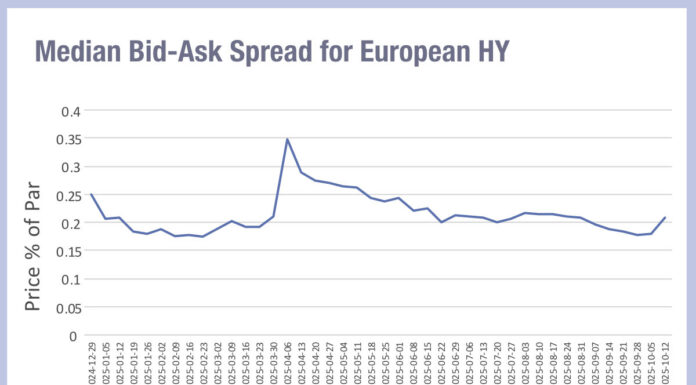By Flora McFarlane.
In his annual Mansion House speech on 20 June, Mark Carney argued against breaking up trading infrastructure, after the recent European Commission’s draft bill on moving the euro clearing business out of London.
“Fragmentation is in no one’s interest”, he said, highlighting the development of current models to develop new forms of regulatory and supervisory cooperation as a pressing concern.
With Brexit negotiations underway, Carney linked the importance of UK financial services, which run a 5% surplus with the world, as well as the potential impacts of negotiations on central counterparties (CCPs), and highlighted the global dangers of fragmentation of trading infrastructure.
The structure of CCPs and their position between trading firms mitigates risk for the trading partners. Moreover, the necessity of placing collateral with CCPs to fund initial and variation margin, the latter adjusting relative to the profits or losses being made, means that working with a single CCP benefits the trading firms through a netting of its position.
He used the introduction of CCPs after the financial crisis as an example of the benefits of cross-border financial market infrastructure, detailing how CCPs have led to greater resilience and more transparency of derivative transactions, alleviating risks for trading firms and markets.
The UK houses some of the world’s largest CCPs, with LCH, for example, handling over 90% of cleared interest rates swaps globally, providing scale and scope which, according to Carney, “benefits all currencies, products and counterparties”.
The prospect of fragmentation preventing EU27 firms from clearing trades in the UK, therefore, is concerning.
Fragmentation could effectively produce internal isolation, leading to “less liquid onshore market for EU firms and a more liquid offshore market for everyone else”.
In Japan, where certain yen-denominated swaps must take place on-shore, a difference in prices in the range of 1-3 basis points occurs. This difference would “translate into significant costs for users”, costing EU firms an estimated €22bn/year in the case of a single basis point increase. Another €5bn of capital could be necessary if large stocks of EU firms being were trapped in CCPs no longer recognized by the European Commission.
Carney states that the Bank of England, whilst recognising European concerns, must also concern itself with “the resilience of CCPs in other European and non-European jurisdiction”. Consequently, he suggests, “a foundation on which to build robust cross-border arrangements for the supervision of CCPs” is a significant possibility.
“Coming to an innovative, cooperative and reciprocal agreement on central clearing”, Carney argued, would “promote competitive financing in the euro area and maintain the resilience of the UK and global financial systems”.
©Markets Media Europe 2025












